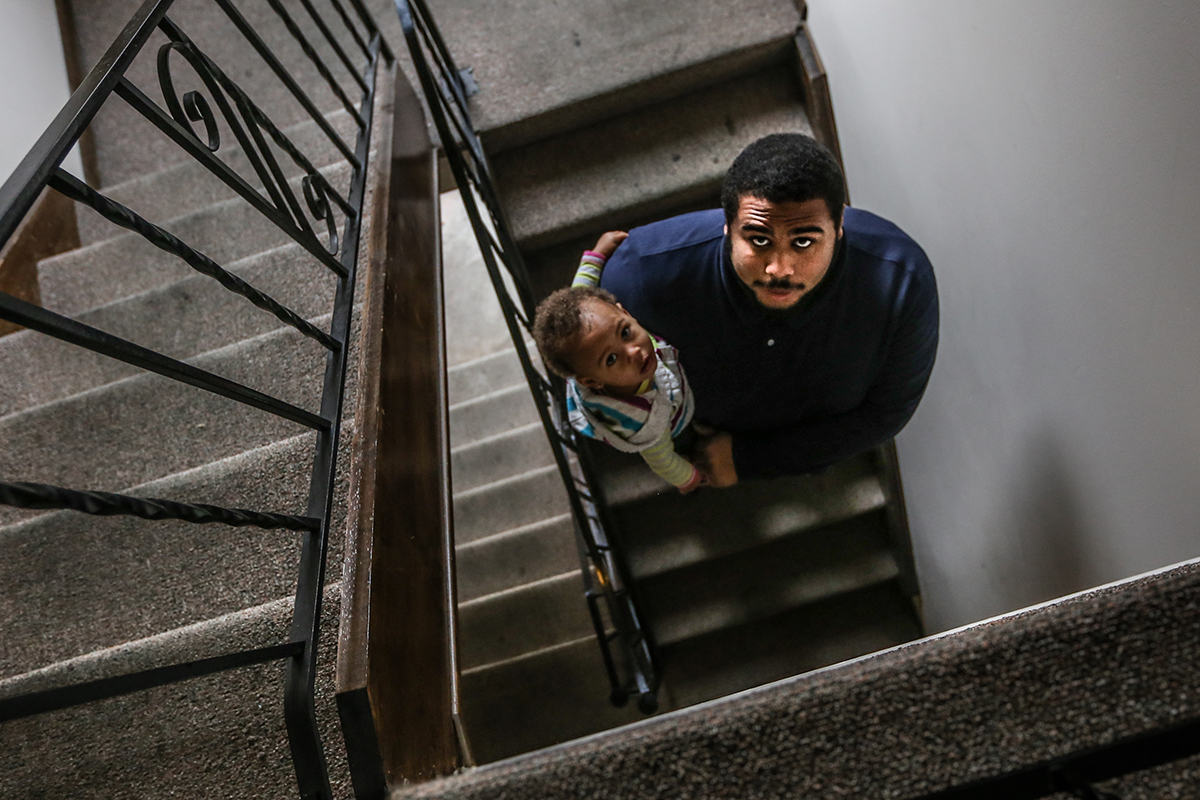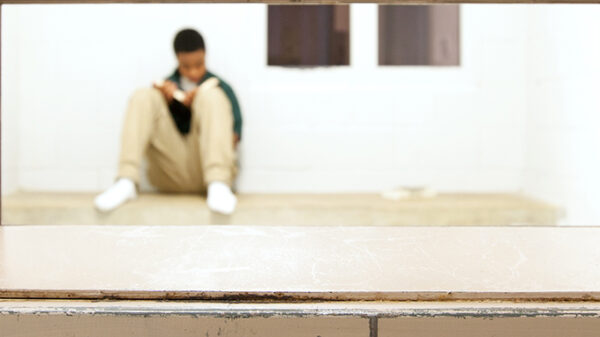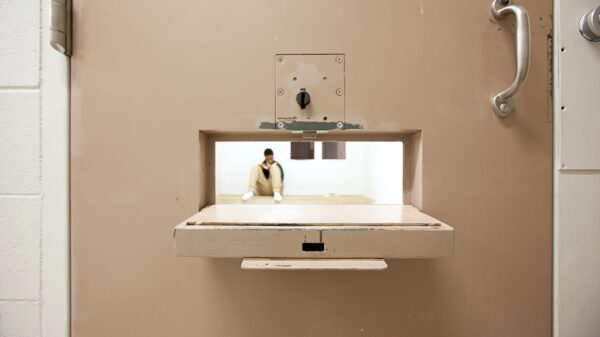Bio
Jacob was a status offender who was put in the Douglas County Youth Facility on three occasions from the time he was 15 to 17. On each stay, he was placed in lockdown. His first stay in lockdown was “for his own good” because he had a broken ankle. What might have been a few weeks in lockdown turned into three months after he pounded the door and swore, begging them to release him—he was charged with “inciting a riot.” His second and third visits to solitary lasted over three months each and arose after he was attacked by older detainees who were gang members.
Jacob received no therapeutic value from being placed in solitary confinement. He wasn’t regularly visited by a mental health counselor and says he wouldn’t have opened up even if he had been: “Therapy probably wouldn’t have worked—I wasn’t going to open up to the people who put me in a cage.”
Douglas County had two forms of lockdown in 2008 during Jacob’s time there—one on a separate solitary unit and one in his normal cell where he could look out his window at his peers but not interact with them.
"It was 23 hours a day alone, no TV or radio. You were in there with one book, a blanket, a mat and a toothbrush. No art materials, no hobby items—everything was considered contraband. No classes or school while on lockdown. They’d bring you a packet of handouts but it was up to you whether you wanted to complete it or not. One hour a day, I’d be taken out and I could go to the gym but I was by myself even in the gym. I developed a pacing habit. I still do it now. I’d pace from one wall to the next. I’d pace and pace and imagine I was in one of the books I was reading. Nighttimes, you’d get a little crazy. They kept the light on and would wake us up every hour to check on you so you’d never get any good sleep."
Jacob now volunteers as a mentor for troubled youth and children in foster care. He wants to ensure no other child spends long months in solitary:
"These kids weren’t born tough or angry. These kids were dealing with abandonment and depression and abuse. Lockdown brings out all these demons. And if you don’t know how to deal with demons—you’re a kid, you don’t even know how to deal with normal emotions yet—then you’re sitting there by yourself, nowhere to go and every negative thing you’ve been told about yourself seems to be coming true. Every time I look at the news, someone I was in jail with or someone I mentored is going to prison for life. They go to the system for correction—they go in as sheep—and they come out as wolves. If a factory pumped out a bad product over and over again, you wouldn’t blame the product, you’d go back to the factory and try to fix that instead."



